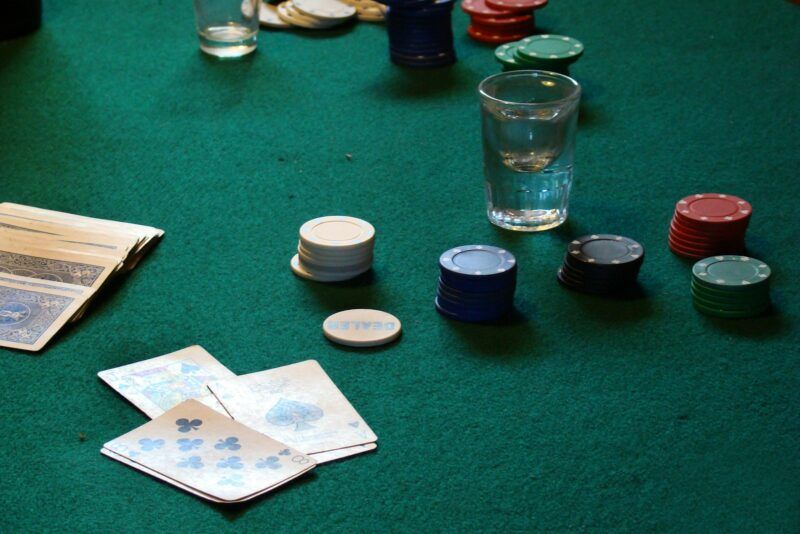Poker is a game of skill, strategy, and nerve. To succeed in this high-stakes world, you need to master a range of key skills that will set you apart from the competition. From knowing when to bluff to understanding the art of betting, here are the essential skills every poker player needs to have in their arsenal.
Bluffing
Bluffing is perhaps the most iconic skill in poker. It involves tricking your opponents into thinking you have a stronger hand than you actually do, causing them to fold and allowing you to win the pot without having the best cards. However, bluffing is not just about randomly betting and hoping for the best. It requires careful observation, timing, and psychology.
One of the key aspects of bluffing is knowing when to do it. You need to pick your spots carefully, choosing moments when your opponents are likely to fold. This could be when the board is particularly scary-looking, or when your opponents have shown weakness in previous hands. It’s also important to vary your bluffing frequency to keep your opponents guessing.
Reading Your Opponents
Being able to read your opponents is a crucial skill in poker. By paying attention to their betting patterns, body language, and verbal cues, you can gain valuable information about the strength of their hand. This can help you make better decisions about when to bluff, when to fold, and when to push your advantage.
One important thing to watch out for is “tells” – unconscious behaviors that give away information about a player’s hand. For example, a player who is nervous may be bluffing, while a player who is confident may have a strong hand. By learning to recognize these tells, you can gain a significant edge at the poker table.
Position
Position is another key factor in poker. The position refers to where you are seated in relation to the dealer button, and it can have a significant impact on the strength of your hand. Players who are in late position have the advantage of seeing how other players act before they have to make a decision, allowing them to make more informed choices.
When you are in late position, you can play a wider range of hands and put pressure on your opponents by betting or raising. Conversely, when you are in early position, you need to be more cautious and only play strong hands. By understanding the importance of position, you can improve your strategy and increase your chances of success.
Betting
Betting is a fundamental skill in poker. It not only allows you to extract value from your strong hands but also to bluff effectively and put pressure on your opponents. There are several key principles to keep in mind when it comes to betting.
One important concept is pot odds – the ratio of the current size of the pot to the size of your bet. By calculating pot odds, you can determine whether it is profitable to call a bet based on the likelihood of hitting your hand. This can help you make more informed decisions and increase your overall profitability at the poker table.
Conclusion
Mastering the key skills of bluffing, reading your opponents, position, and betting is essential if you want to succeed in the world of poker. By honing these skills and practicing regularly, you can improve your strategy, make better decisions, and increase your chances of winning. So next time you sit down at the poker table, remember to bluff with confidence, read your opponents like a book, and bet with purpose. Good luck!
